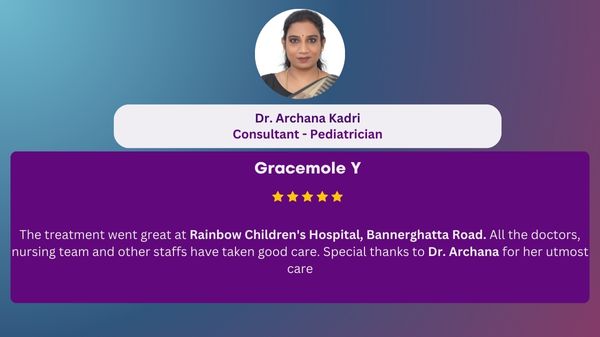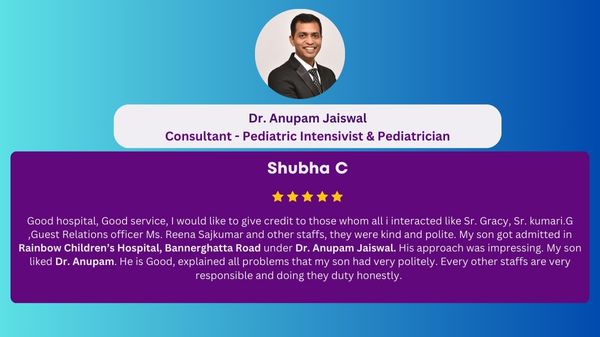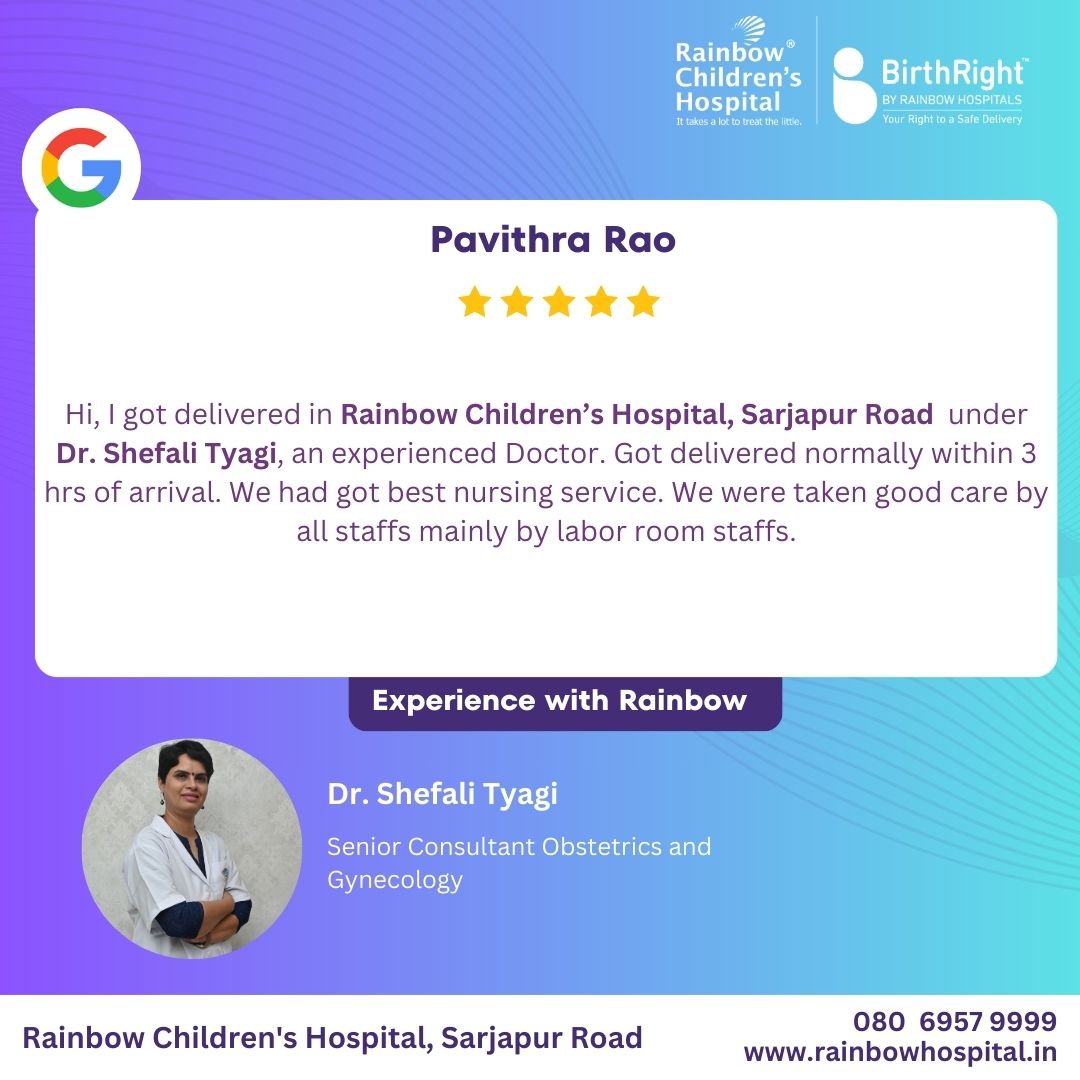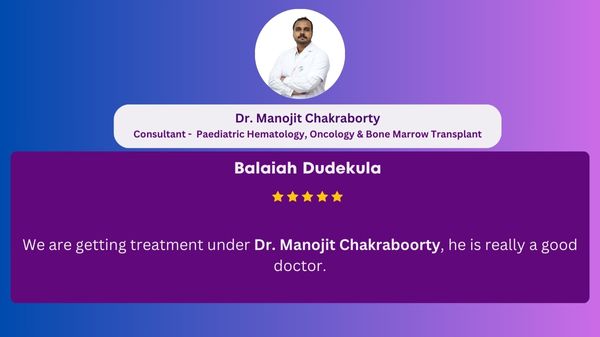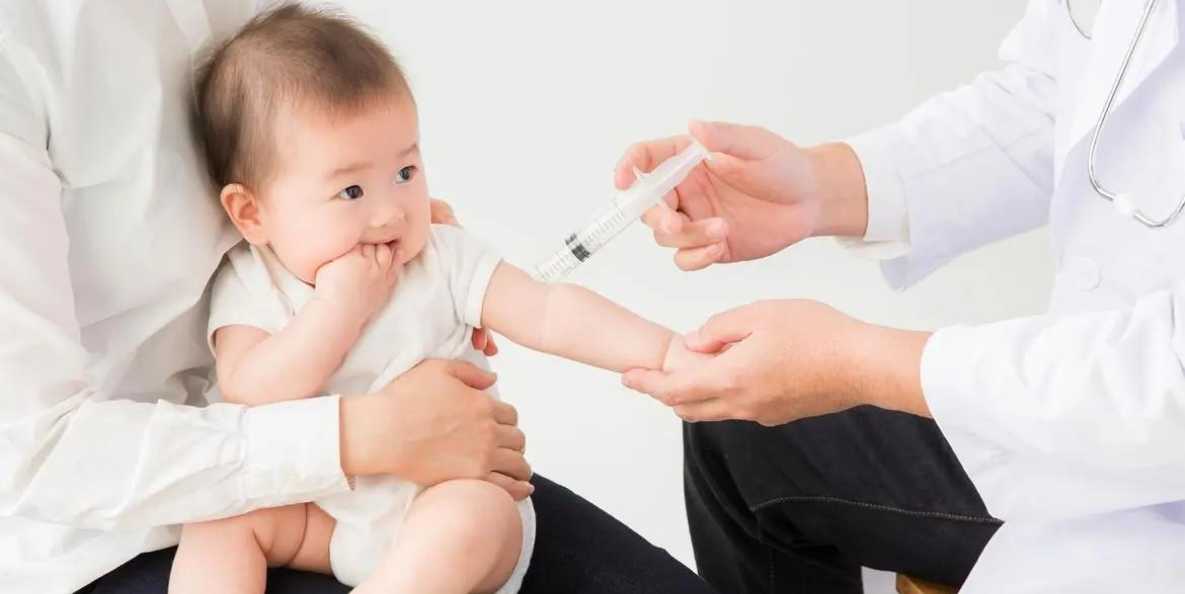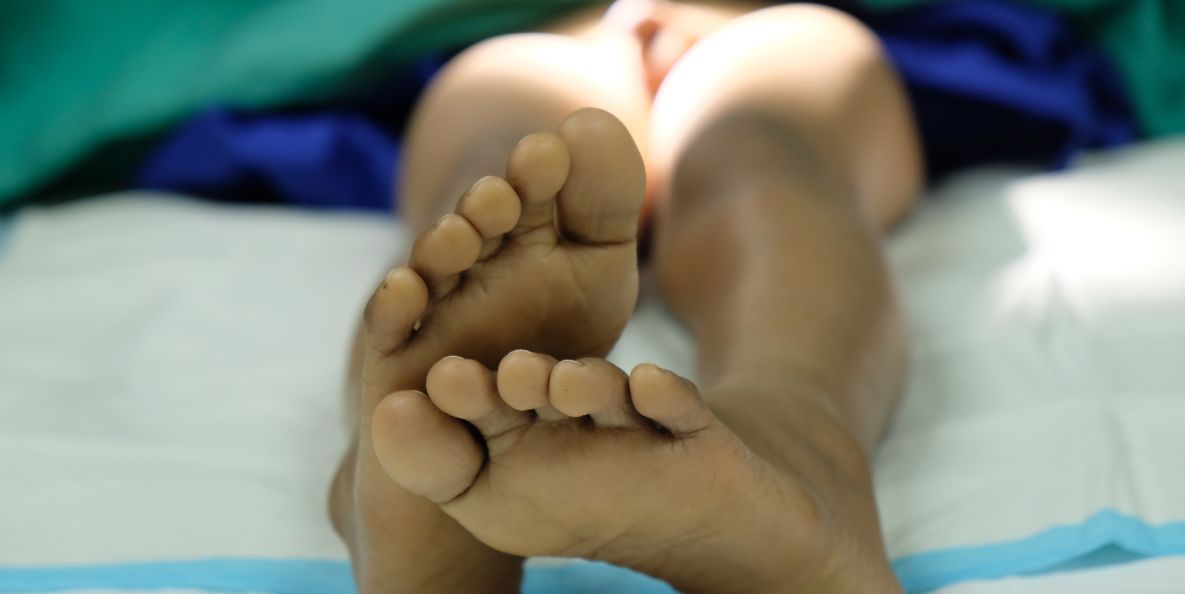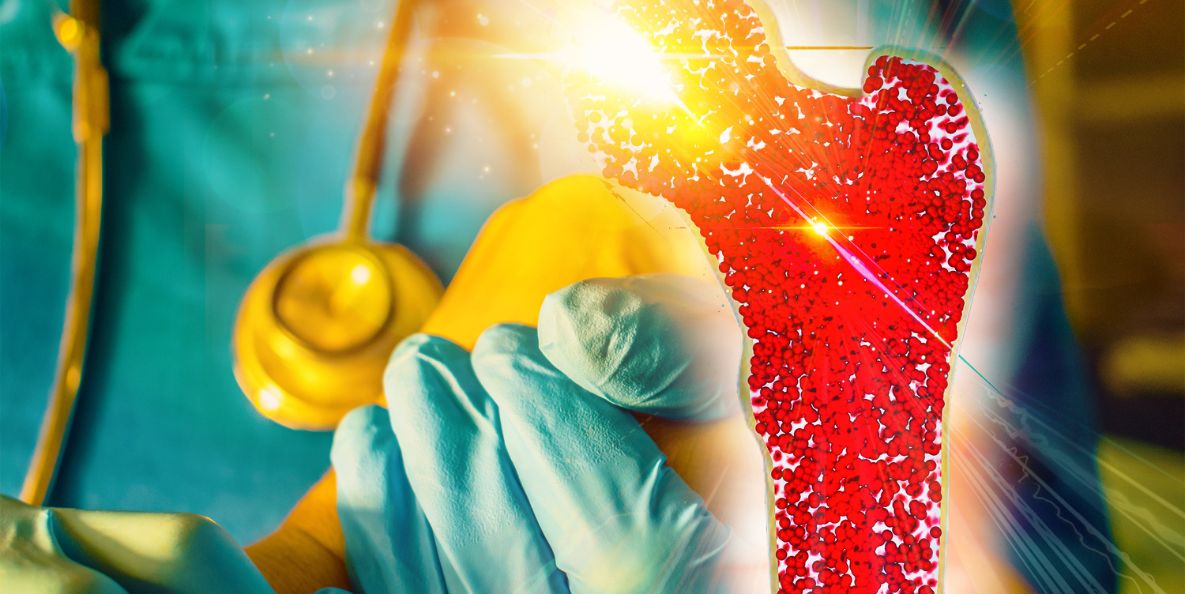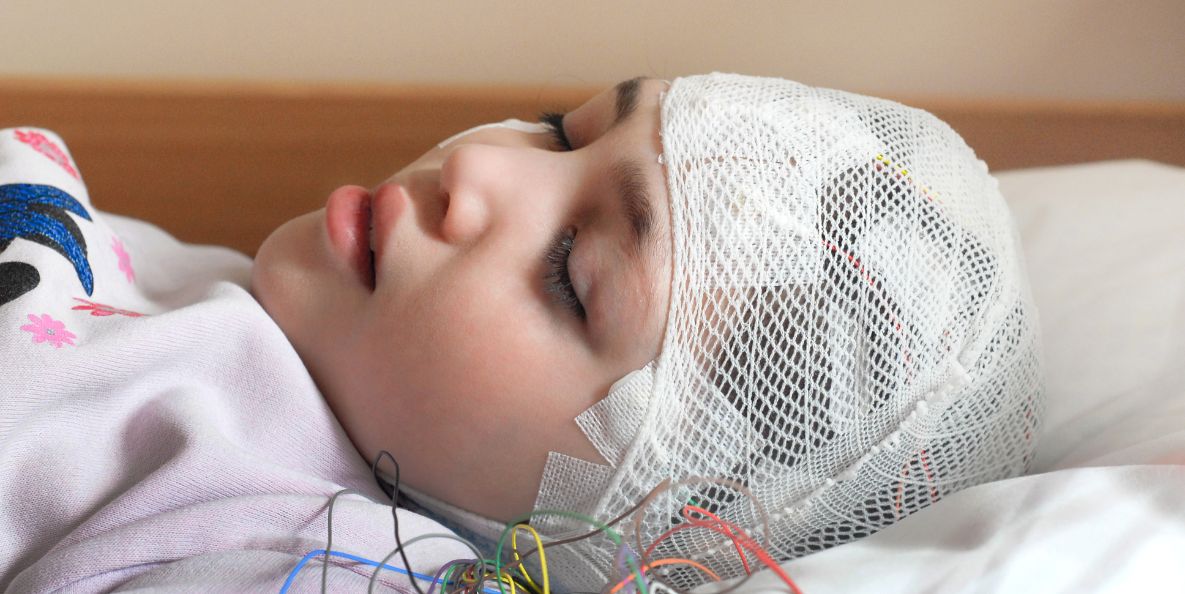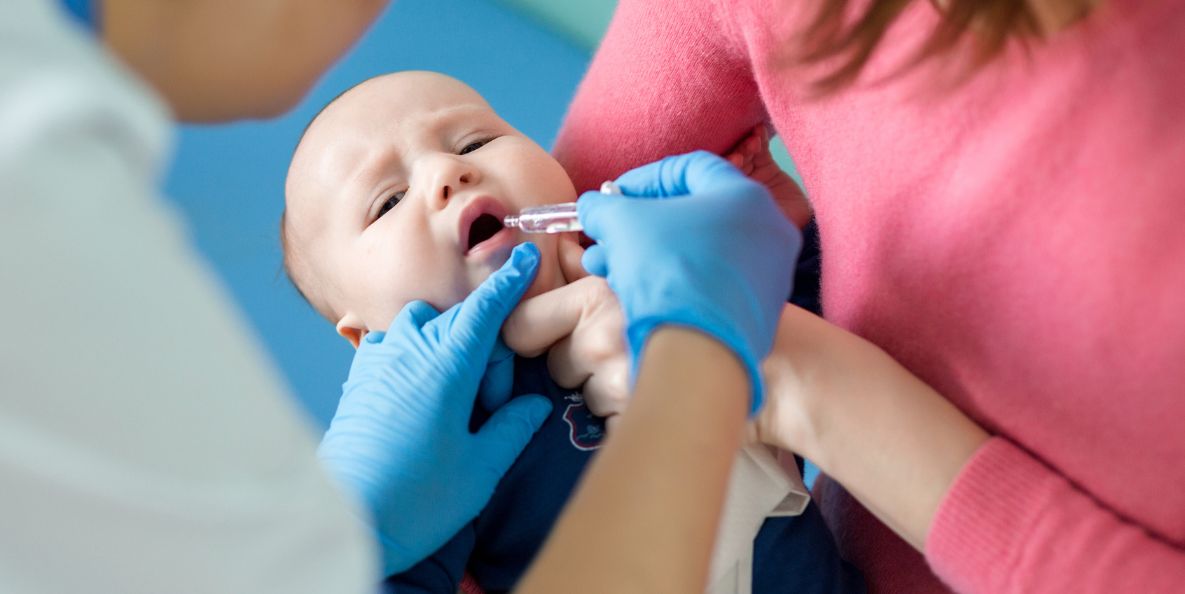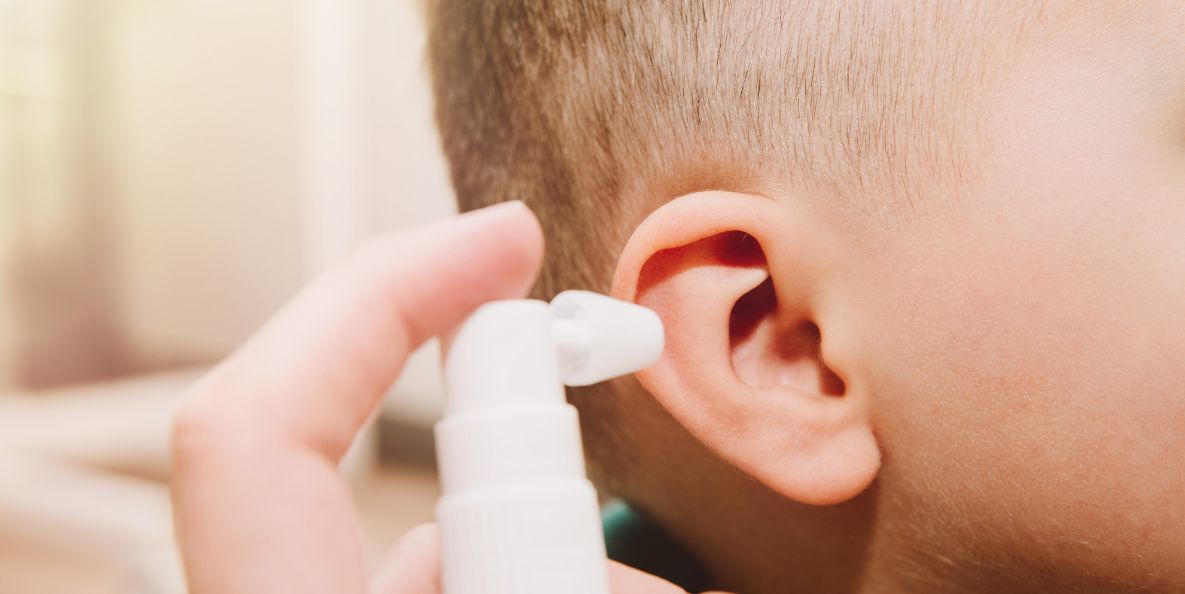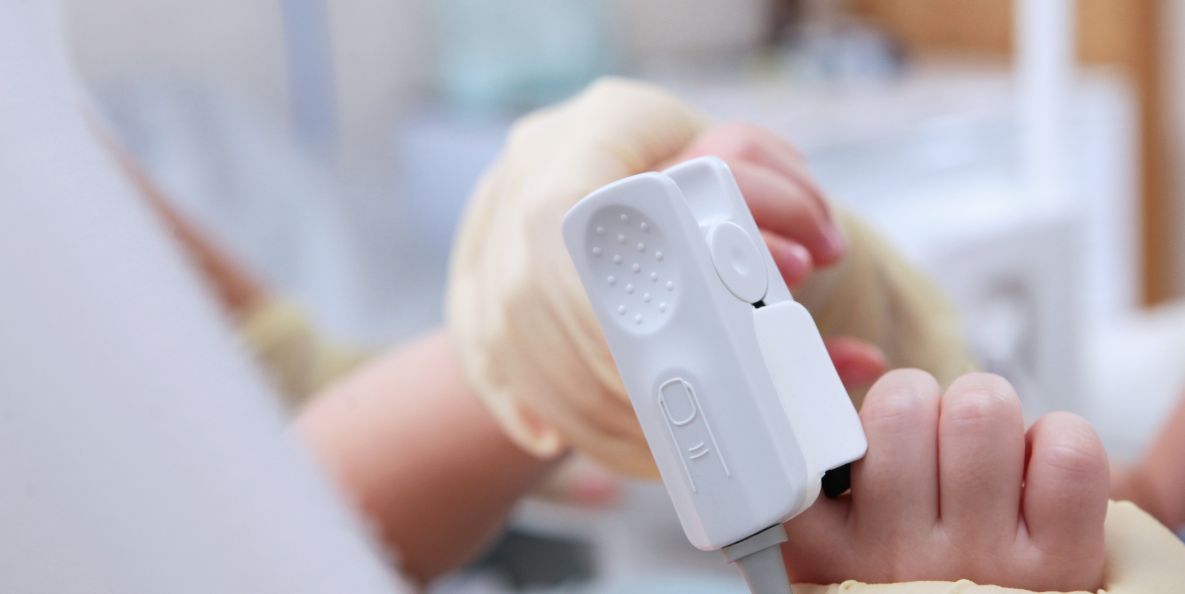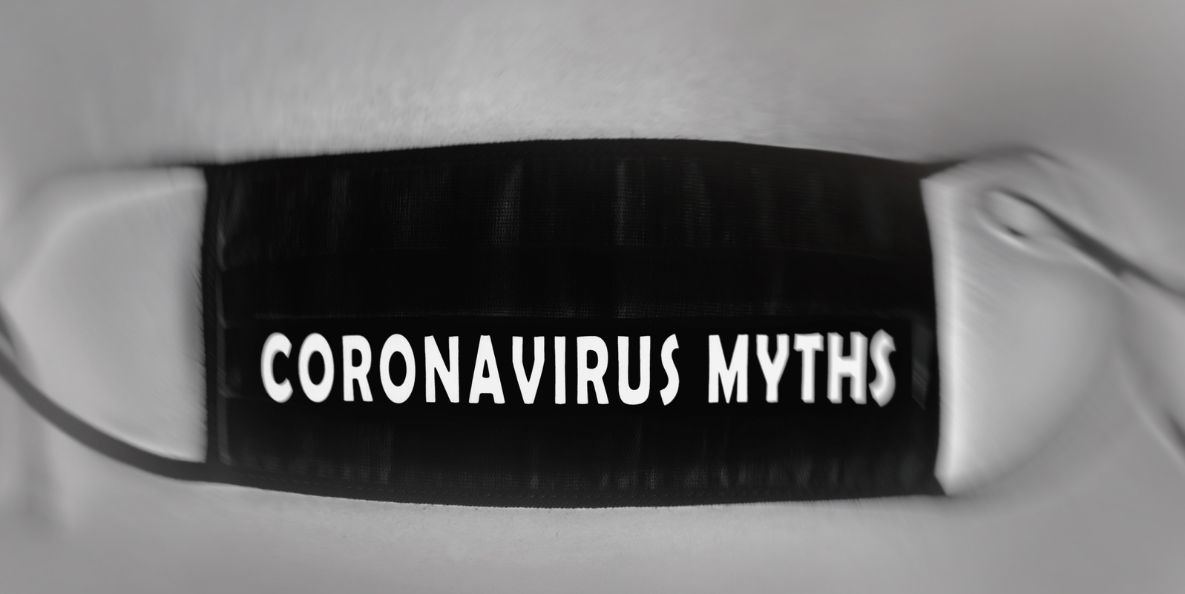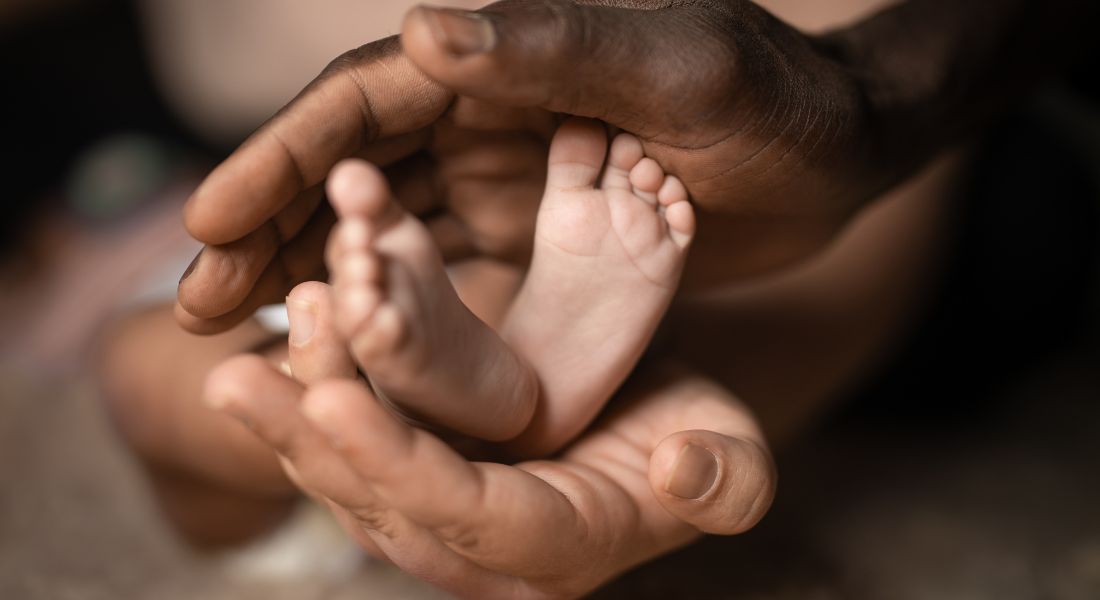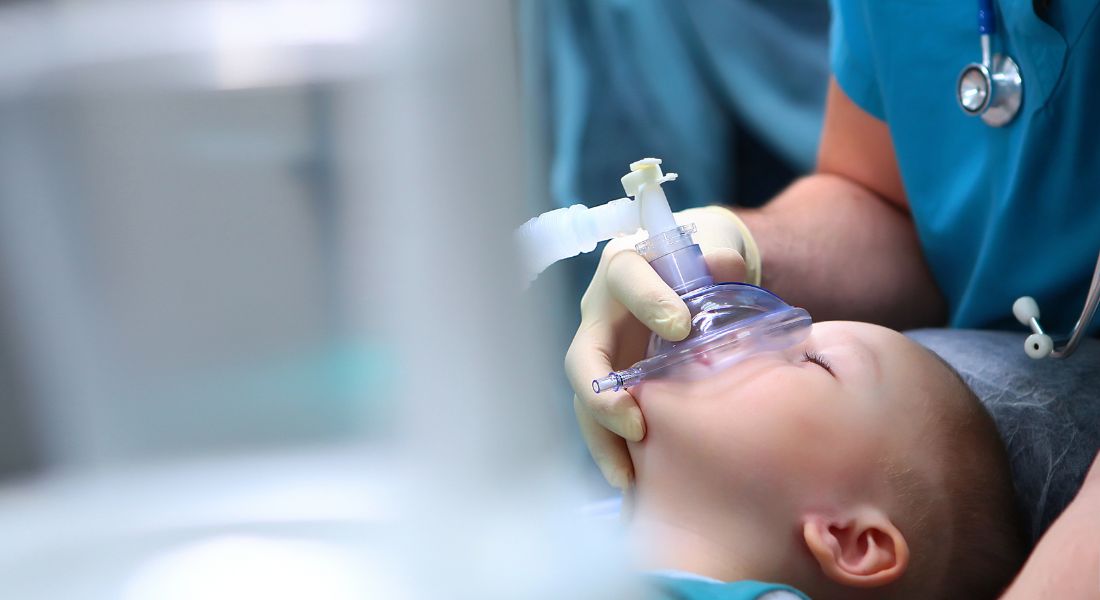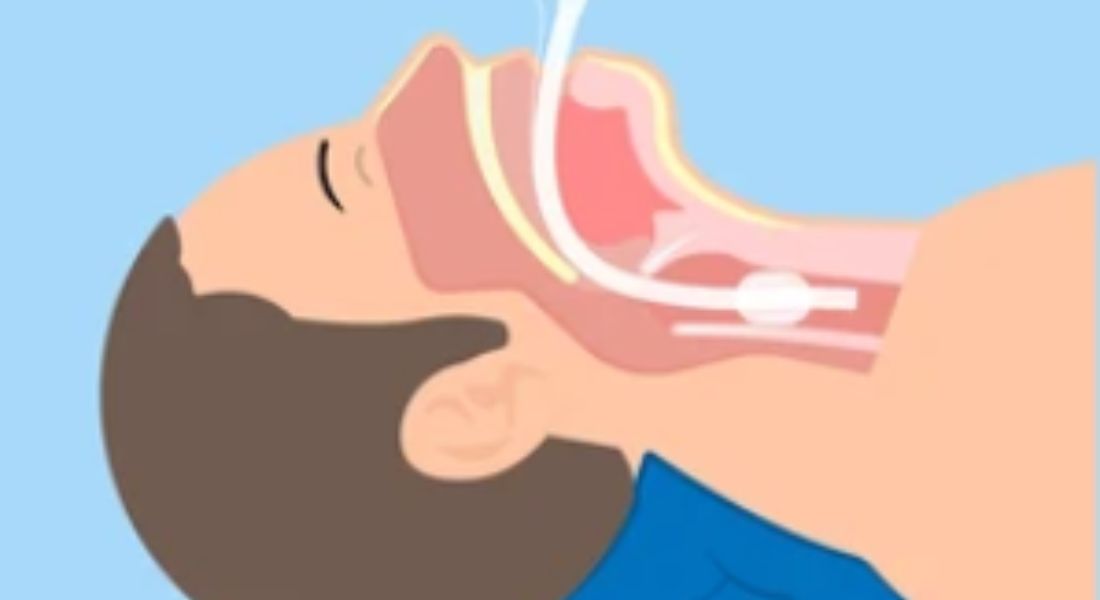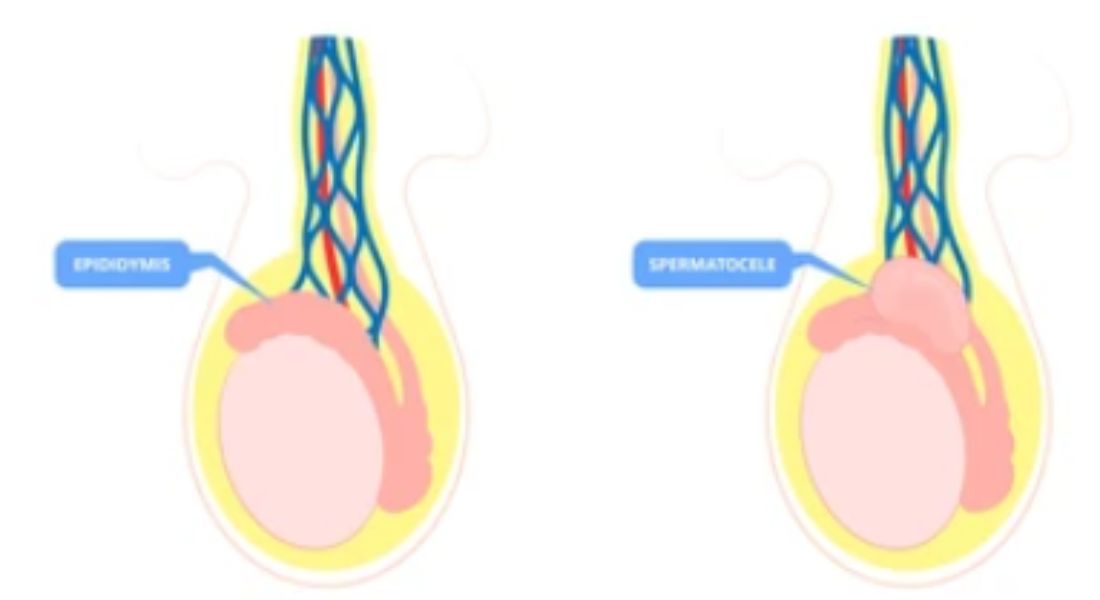A pediatric liver transplant is a surgical procedure in which a diseased liver in a child is replaced with a healthy liver from a donor (either living or deceased).
Surgeries
Surgeries
Surgeries
International Patients
Consultations
Pediatric liver ailments in children have emerged as a burgeoning concern, carrying significant ramifications. Numerous liver disorders in the pediatric population, including conditions like cirrhosis and hepatocellular carcinoma, serve as precursors to chronic hepatopathies that persist into adulthood. Inherited hepatitis conditions, such as chronic hepatitis C, autoimmune hepatitis, and genetic disorders like hemochromatosis or cystic fibrosis, are among the diverse array of inherited hepatic disorders frequently encountered in the pediatric realm.
Rainbow Children's Hospital's Pediatric Liver Transplant program has undertaken more than 200 liver transplant procedures, demonstrating a commendable survival rate exceeding 90%. Their proficiency extends to the management of the most intricate liver transplant cases, bolstered by the advanced Neonatal Intensive Care Unit (NICU) and Pediatric Intensive Care Unit (PICU) teams. These teams have achieved notable success in executing a substantial volume of liver transplants, encompassing cadaveric auxiliary transplants and mono-segment transplants. Furthermore, they possess the requisite expertise, competence, and resources to undertake multifaceted transplants, including the simultaneous transplantation of both kidneys and the liver.

Take the First Step
Towards Long-Term Health.
-
Tamil, English
-
Sholinganallur
-
Kannada, English, Hindi
-
Marathahalli, Bannerghatta, Hebbal, Sarjapur Road
-
English, Hindi
-
Malviya Nagar
- Biliary Atresia
- Metabolic Diseases
- Acute Liver Failure
- Liver Tumors
- Chronic Liver Disease
There are a range of Liver Transplant services that are available as a part of Rainbow, including:
- Pediatric Liver Transplant
- Pediatric Intestinal Failure Management
- Home TPN Services
- Diagnostic and Therapeutic Endoscopy
- Diagnosing and Managing Complex Metabolic Disorders
- Medical and Surgical Management of Pancreatitis
- Complex Feeding and Swallowing Disorders
- Management of Motility Disorders
- Along with MDT Team, Management of Cystic Fibrosis
- Food Allergy Diagnosis and Management
Awards and Accreditations
Overseas Partners and Affiliates
Patient Stories
Embark on a journey of inspiration and hope with our patient success stories
Why Choose Us?
Rainbow Group operates a well-established network of 21 hospitals and 5 clinics across India, with a total bed capacity of 2185 beds exclusively to Pediatric and Women’s care. The Group offers comprehensive services in Pediatrics, Maternity, Gynecology, and Fertility Care.
Pediatric services, offered under the brand Rainbow Children’s Hospital, cover a wide range of pediatric super specialties, including robust neonatal and pediatric intensive care, multi-specialty pediatric services, and advanced quaternary care, such as pediatric organ transplantation. For over 26 years, Rainbow Children’s Hospital (RCH) has been at the forefront of transforming pediatric healthcare in India and has grown to become the largest multi- specialty pediatric hospital group in the country. Rainbow Children’s Hospital built on strong fundamentals of a multidisciplinary approach with a full-time consultant led clinical service along with 24/7 commitment in a child centric environment. With a strong focus on improving quality, clinical outcomes, and delivering seamless, comprehensive care across all pediatric specialties- RCH has established itself as a leader in child-centric healthcare. Our hospitals are staffed with highly qualified professionals and designed to provide the best possible environment for children and their families.
 Over 26 Years of Trust
Over 26 Years of Trust  Largest level IV NICU (Neonatal Intensive Care Unit) Network in the Country
Largest level IV NICU (Neonatal Intensive Care Unit) Network in the Country Full Spectrum of Pediatric Super Specialities
Multidisciplinary Pediatric Team
 24/7 Inhouse Consultant Availability
24/7 Inhouse Consultant Availability Child Friendly Infrastructure
Access to Experienced Clinical Team
Specialized Pediatric Emergency Care
At Rainbow Children’s Hospital & BirthRight by Rainbow Hospitals, we are committed to upholding international standards in pediatric, neonatal, and maternity care. Our International Patient Services are designed to ensure a seamless healthcare journey — from your first inquiry to post-treatment follow-up.
Fertility services under the brand name BirthRight Fertility, have emerged not only as a fertility center but as a ray of hope for couples aspiring to embrace parenthood. Within the confines of our facility, technology and compassion intertwine seamlessly. Our Fertility units, nestled within Rainbow Children’s Hospital, boasts state-of-the-art equipment and a suite of diagnostic tools that ensure the precision and accuracy integral to each diagnosis and treatment plan. Here, our experts stand as pillars of support, navigating the intricate paths of fertility treatments with empathy and expertise. What sets us apart is our pursuit of excellence, a commitment that has earned us the coveted accreditation by the Joint Commission International (JCI) for our Kondapur unit. This recognition is evidence to our dedication to quality, safety, and patient-centric care. It is an embodiment of the trust and confidence that couples from all walks of life place in us.
FAQ’s
What is a pediatric liver transplant?
Why would a child need a liver transplant?
What are the types of Pediatric Liver Transplants?
What is the life expectancy of a child liver transplant patient?
What is the maximum age for liver transplant?
What happens during my child’s Liver Transplant Surgery?
How successful are liver transplants in children?
What should be expected after liver transplant surgery?
What are the complications of pediatric liver transplant?
What are included in Recovery period post pediatric liver transplant?
What are the signs of infection or rejection?






















































